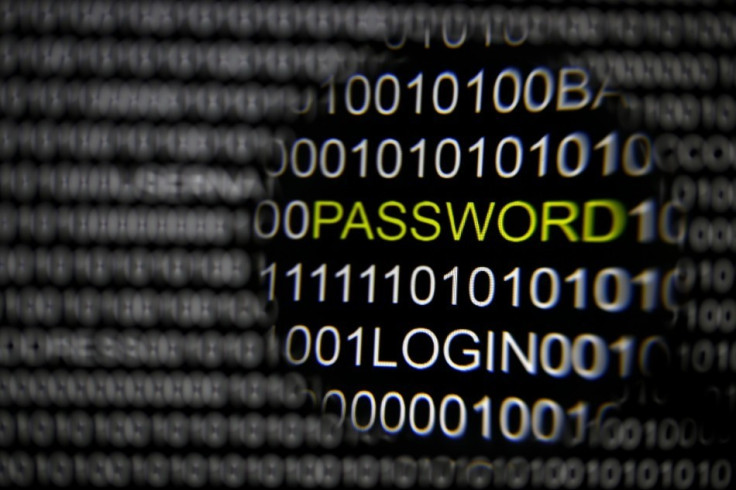Al-Qaeda linked terror groups drop online communication after Edward Snowden leaks

While the common public have done little to secure their privacy online despite noteworthy leaks from Edward Snowden, a number of terrorists groups have taken them seriously and changed their mode of communication, according to a report.
At least three Al Qaeda-linked networks, which were planning terror attacks against Britain, have changed their tactics after the former contractor from the US National Security Agency (NSA) leaked about 1.7 million classified documents to the media, according to a report by the Henry Jackson Society security think-tank.
The report says the Al Qaeda affiliates have altered their communications, using human couriers instead of email and mobile phones. In addition, extremist websites released encryption programmes following the Snowden leaks for their followers to be secure from trackers.
"The focus has been about the so-called mass surveillance by GCHQ and the NSA but these leaks have allowed extremist groups and jihadists to look at our capabilities – what we can and can't do – which has given them a great insight," report author Robin Simcox was quoted as saying by Daily Mail.
"At a time when the range of threats against the West has never been greater, with Yemen, Iraq, Syria, Somalia and Al Qaeda in Pakistan, it is astonishing the focus has been more on the shortcomings of our intelligence agencies and not the fact Snowden has helped terror suspects drop off the radar."
Snowden leaked classified documents to the media, revealing mass surveillance programmes of the NSA and the GCHQ such as phone tapping and snooping on internet activities.
Snowden, currently living in Russia, is wanted by the US on charges of espionage and theft of government property.
Despite his efforts, most internet users across the world do not appear to be taking proper measures to be safe online. In a survey of more than 23,000 internet users conducted by the Centre for International Governance Innovation, just 60% have heard of Snowden. In addition, merely 39% among them have changed their online behaviour.
© Copyright IBTimes 2025. All rights reserved.






















